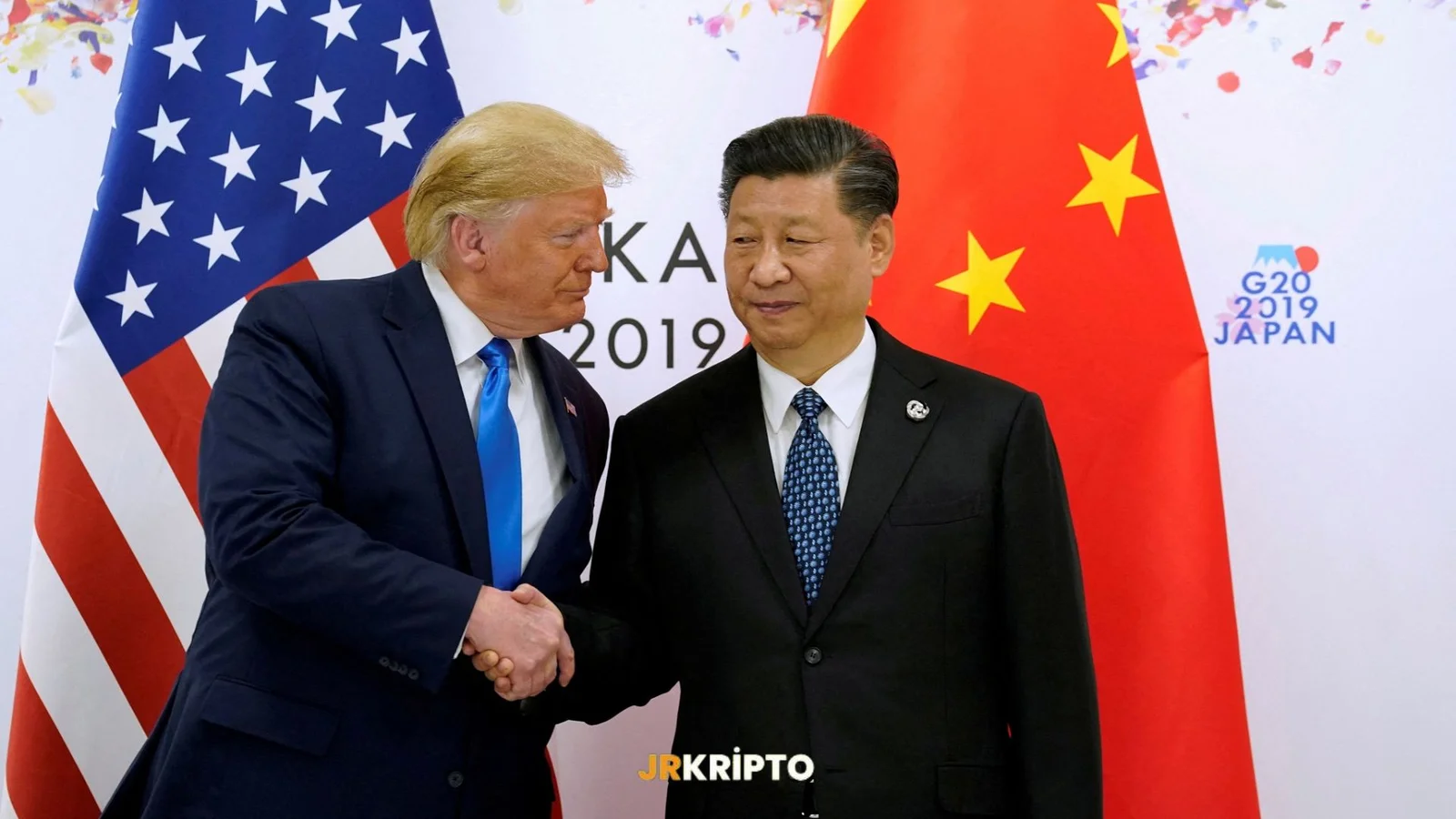A concrete agreement has finally been reached in the long-standing U.S.-China trade war. Following a critical meeting held in Geneva, both parties decided to significantly reduce high tariffs for a period of 90 days. The tone of the meeting and the messages conveyed suggest that this ceasefire could be a sign of permanent normalization rather than just a short-term pause.
Sharp Tax Cuts: From 145% to 30%, From 125% to 10%
According to the signed agreement:
- The U.S. reduced its 145% customs tariff on goods imported from China to 30%.
- China reduced its 125% tariff on American goods to 10%.These regulations will come into effect on May 14 and remain valid for 90 days. Automotive, steel, aluminum, and certain pharmaceutical products are excluded from this reduction.
Trump: “Tariffs Will Not Go Back to 145%, This Is a Reset Process”
U.S. President Donald Trump announced after the Geneva meeting that they have initiated a “complete reset process” in trade with China. He stated:
“We had a very good meeting with China. We agreed on many issues. We want China to open up to American business.”
Trump also emphasized that even if a new trade deal cannot be reached after this 90-day period, the tariffs will not be raised back to 145%.
White House: New Agreements Coming
According to White House sources, additional trade agreements with different countries could be announced later this week. The trade team is working on “groundbreaking” new deals with countries they are still negotiating with.
Markets Reacted Swiftly
With the announcement of the agreement, a wave of optimism spread through global financial markets. Stocks in U.S. markets surged rapidly. The Dow Jones index rose by over a thousand points, while the Nasdaq saw gains exceeding 4%, led by technology companies. Notably, shares of firms with strong supply ties to China, such as Apple, Amazon, and Dell, saw significant increases.
A Turning Point for Inflation and Global Trade
The high tariffs imposed during the trade war period created significant pressure on production costs. This new agreement is expected not only to ease trade between the two countries but also to revitalize global supply chains. It is also anticipated to exert downward pressure on inflation.
This agreement could have positive effects for open economies like Turkey as well. In particular, potential normalization in the prices of industrial inputs could reflect positively on producer and consumer price indices.
Could the 90-Day Period Mark a New Chapter?
Of course, this step is not a final agreement. But the shift in diplomatic tone, the mutual gestures, and both parties’ preference for “temporary flexibility over permanent damage” are noteworthy. If this atmosphere is maintained, the temporary implementation over three months could pave the way for a more comprehensive agreement.
This contact in Geneva is not just a technical adjustment for the global economy, but also a psychological relief. It could signal a transition to a period where trade wars recede and cooperation takes precedence. If the parties can turn this ceasefire into a lasting agreement, not only their own economies but global markets as a whole could benefit from the process.




